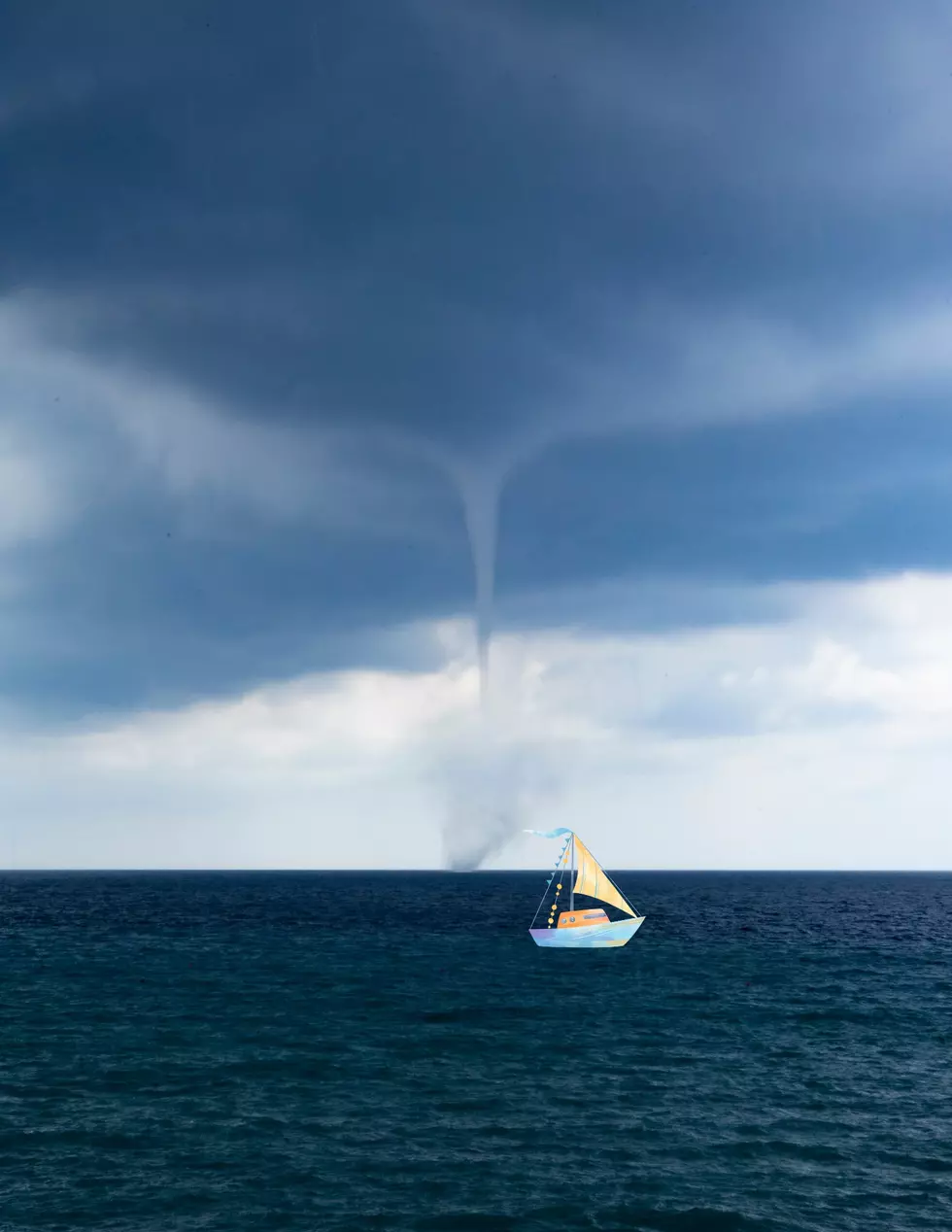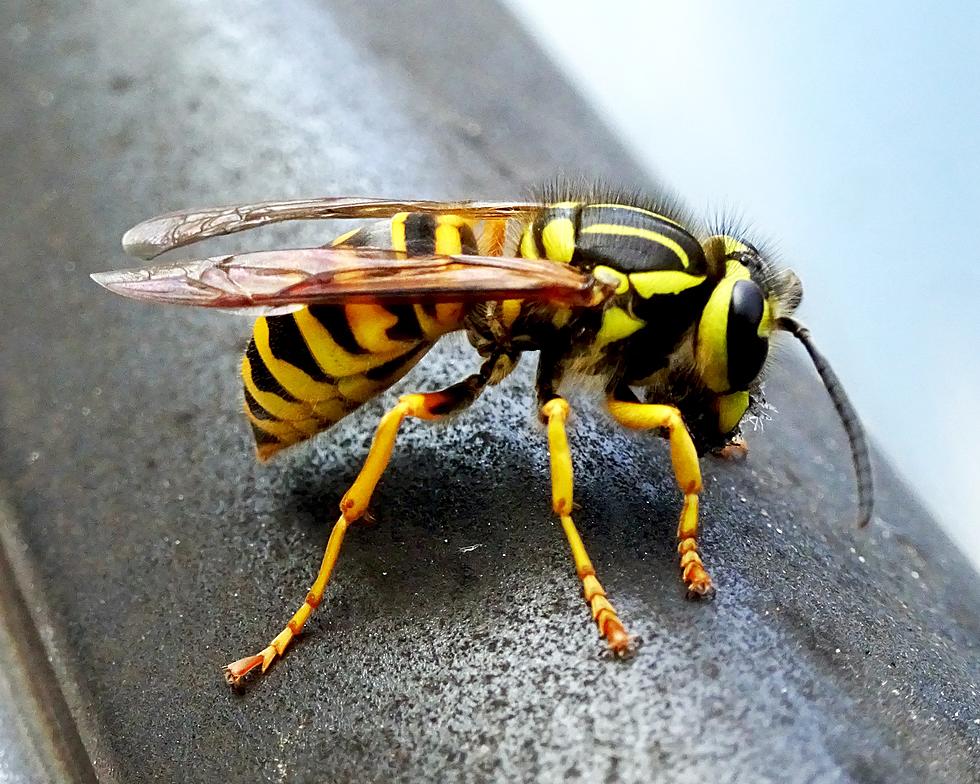
Help Report Severe Weather To The National Weather Service
What's the one thing we all talk about, and usually the one common thing people bring up in conversation, especially when first meeting someone? The weather. It's the go-to subject that usually begins or sometimes is the only topic brought up, depending on the back and forth conversation.
The weather affects our day-to-day life and for some, it's a bigger deal than others depending on how important it affects your daily routine. For those who work outside, weather conditions determine how your day will go.
For others, weather observations are fun to be a part of. The Binghamton National Weather Service has a program called SKYWARN for those who want to be a part of local weather observations. The program comprises of people like you and me who, according to the Binghamton NWS, report severe weather from snowfall measurements to severe weather.

Maybe you'd like to be a part of the SKYWARN program. Well, you may in luck as The Binghamton National Weather Service has announced its SKYWARN and webinar fall schedule. Four seminars are scheduled for the Winter SKYWARN seminars, along with a seminar on how the National Weather Service conducts a tornado survey.
The first seminar is scheduled for October 16th, with the other three scheduled for October 20th, 25th, and November 8th. Each seminar lasts two hours. A 'How the NWS Conducts a Tornado Survey' seminar will be held on October 27th.
If warm weather rather than winter reporting is more to your liking, The Binghamton NWS offers basic and advanced SKYWARN and Advanced SKYWARN seminars in the spring and early summer. For more information and to register, visit the National Weather Service Binghamton page.
via Binghamton National Weather Service
LOOK: The most expensive weather and climate disasters in recent decades
TIPS: Here's how you can prepare for power outages
More From 99.1 The Whale









